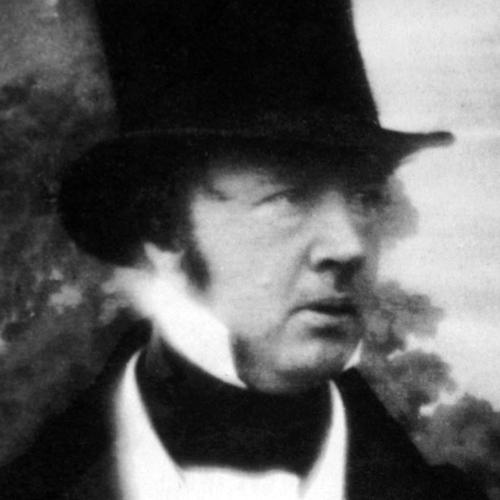Sabot Cat
Banned
I have two questions (which might be answered in the backstory):
1) Why does the number of Independents change so much? I mean, it seems kind of odd to have the number of Independents fluctuate wildly.
2) Why does the number of seats keep changing, and why are the numbers so seemingly random?
1) A fair question, that I did not adequately explain, oops.
1950: 5.9% -> 1956: 19.3%
Forgot to mention this, but the Chinese Communist Party "boycotted" the election in 1956 after a crisis in party leadership and doctrine following their disastrous defeat in the previous elections. Thus, many Independents campaigned in place of the Communists.
1956: 19.3% -> 1962: 13.2%
Under the leadership of Zhang Shenfu, the CCP put itself back together, and attempted to claw its way back into relevancy. They managed to displace many of the Independents that had filled in for them during their absence, but not enough to restore their former glory.
1962: 13.2% -> 1968: 10.2% -> 1974: 12.3%
1974: 12.3% -> 1980: 17.1%
The ideological center - or at least center-left - that the China Democratic League had long represented gave out in favor of a sharp polarization between the right-wing Nationalist Alliance and the left-wing New Democracy Front, which gave centrist Independents a new edge.
1980: 17.1% -> 1986: 11.6%
The impact of the Nationalist Alliance's veering towards the right was stymied by incumbency and a good economy, while the New Democracy Front shifted towards the center-left. Both of these did not help the centrist Independents that had been elected in 1980.
1986: 11.6% -> 1992: 11.9%
1992: 11.9% -> 1998: 3.9%
Many incumbent Independents simply joined the broad-based, centrist Unity Coalition, especially as their diversity of parties helped every candidate find their own niche. Independents generally fell out of the political system as an entity altogether thereafter.
2) There is a National Assembly delegate for every 500,000 residents.


